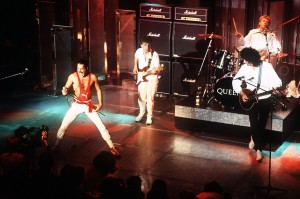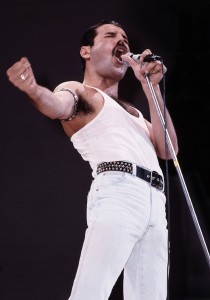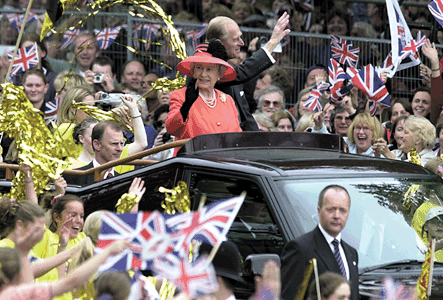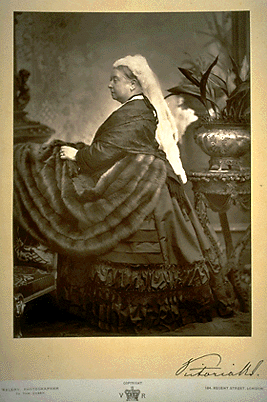The Coronation of King Charles III
Monday, May 8th, 2023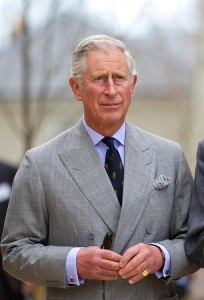
Prince Charles, the oldest son of Queen Elizabeth II, became King Charles III in 2022.
© Jeff Gilbert, Alamy Images
Saturday, May 6th, was the coronation of King Charles in London, England. Charles III became king of the United Kingdom of Great Britain and Northern Ireland when his mother, Queen Elizabeth II, died on Sept. 8, 2022. During the coronation ceremony, he received the crown and other symbolic items as king of the United Kingdom.
This coronation was only the second in history to be televised. The coronation of Queen Elizabeth II took place on June 2nd, 1953, and was the first televised ceremony. Diplomats, leaders, and other royals attended the ceremony honoring King Charles III at Westminster Abbey. Eight months after the death of its longest-reigning sovereign, the United Kingdom tuned in to crown King Charles III in front of thousands.
Queen Consort Camilla was crowned alongside King Charles. In February 2022, Queen Elizabeth II announced that Charles’ wife, Camilla, will be named Queen Consort once Charles inherits the throne. The current heir to the throne, Prince William, his wife, Princess Catherine, and their three children attended. Prince Harry, King Charles’ second-born son, also attended the ceremony. His wife Meghan, the Dutchess of Sussex, and their two children remained in California during the festivities.
Since the accession of the throne is accompanied by death, the royal family waits to celebrate the coronation. The ceremony is steeped in traditions dating back to the A.D. 750′s. The archbishop of Canterbury Justin Welby presented the monarch to the audience and performed the steps of the coronation. King Charles took the coronation oath, swearing to rule justly and to support the Church of England. He was given a Bible, sword, rod, orb, ring, and a cloak of gold cloth as symbols of ruling. After receiving those symbols, the archbishop of Canterbury placed the crown on King Charles’ head. The service continued, and then King Charles processed out of the church to a banquet.
King Charles was heir to the throne for 70 years before being named king. Charles was born on Nov. 14, 1948, at Buckingham Palace in London. He was the eldest child of Princess Elizabeth (later Elizabeth II) and Prince Philip, the Duke of Edinburgh. In 1958, Queen Elizabeth officially named Charles Prince of Wales, the 700-year-old title traditionally given to the heir to the throne. In 1969, she presented the prince to the people of Wales in a ceremony at Caernarfon Castle in Wales.
Prince Charles enrolled at the Royal Air Force College in 1971 and graduated from its advanced flying course later that year. He then entered the Royal Navy and served until 1976. In the Navy, his activities included flying helicopters and commanding a ship, the minehunter Bronington. As prince, Charles concerned himself with such issues as disadvantaged people, education, and the environment. He also has been a critic of modern architecture. Charles is the founder of two charitable organizations—The Prince’s Trust and The Prince’s Youth Business Trust.

